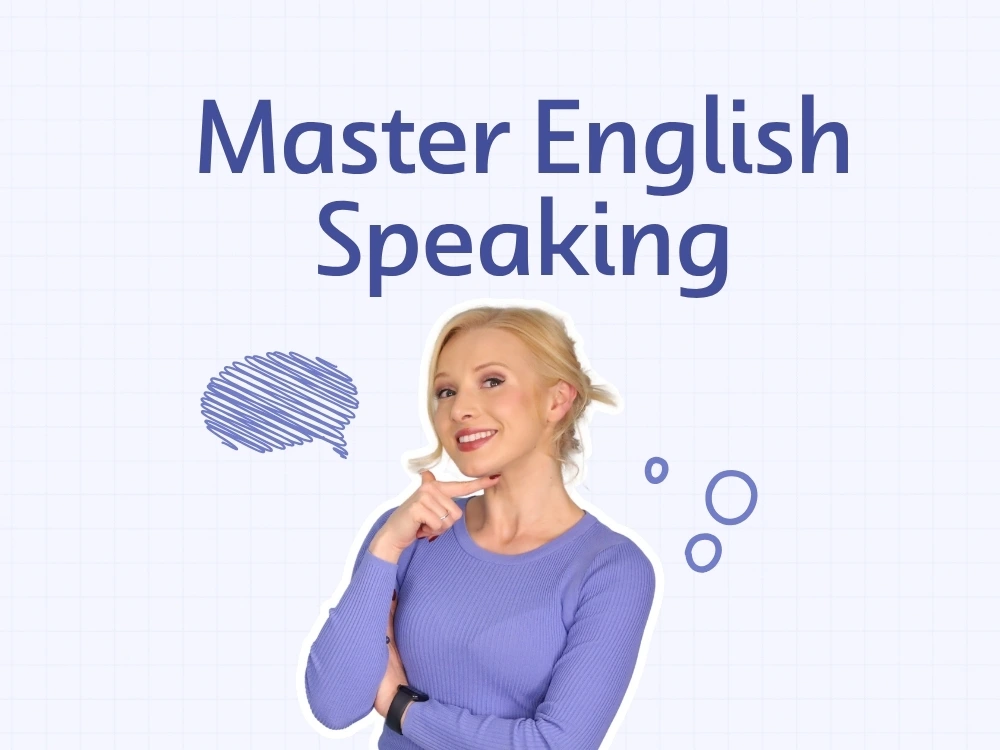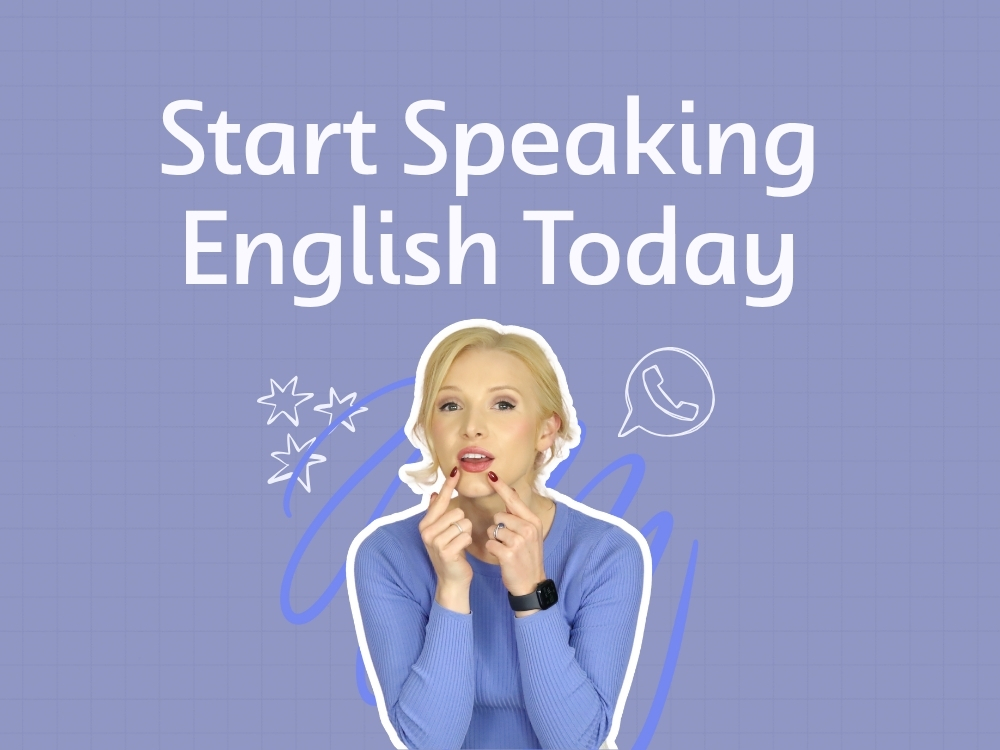
Hello lovely students! If you are anything like me, you’re a person that just loves reading interesting stories! However, when it comes to second languages (in my case, Spanish) that can be a bit of a struggle. Finding something that isn’t impossibly hard, and is also fun to read can be a pretty daunting task. So this guide has some great advice on how you can make the most of your English reading practice and hopefully enjoy the process, too.
The Importance of Reading in English Learning
Reading is such a fundamental part of language learning. Whether you plan to travel to an English-speaking country or find a job in an international company, having sufficient reading skills to read a variety of English texts is necessary in the modern world.
However, so many of my students complain of books and texts being either too boring or too difficult. They buy a classic English novel or a recent business journal only to get stuck after the first few lines. With this in mind, I have some really useful ideas that will help you to not only find the right materials for you, but also improve the effectiveness of your reading practice.
Identifying your purpose
Do you want to be able to read classic works of literature from some of the most famous writers in history? Or is being able to comprehend a business report in your job or navigate the London underground system on your next holiday to London important to you? Having this idea clear from the start will help you to choose the right direction for your reading journey.
What’s your learning style?
Are you the kind of person who wants to analyse a story deeply to find out all the little details? Or do you prefer to move through something more smoothly and are happy to just get an overall comprehension of it? This basic choice will help you to decide whether to choose intensive or extensive reading.
Intensive vs Extensive Reading
Firstly, intensive reading is trying to understand every word on a page and then analysing the text or story in-depth to know the meaning of everything, and even looking beyond the basic story to discover some of the hidden meanings. This type of reading is a more academic way to approach reading. If you want to enhance your reading skills for an exam or want to improve your reading skills quickly, this type of reading is definitely for you.
The second type is extensive reading. This is where you casually read stories and try to get the overall gist (meaning) instead of focusing on each word in detail. This is a more enjoyable and interesting way to read, and it can indirectly help you to develop stronger reading skills and more confidence in your reading ability.
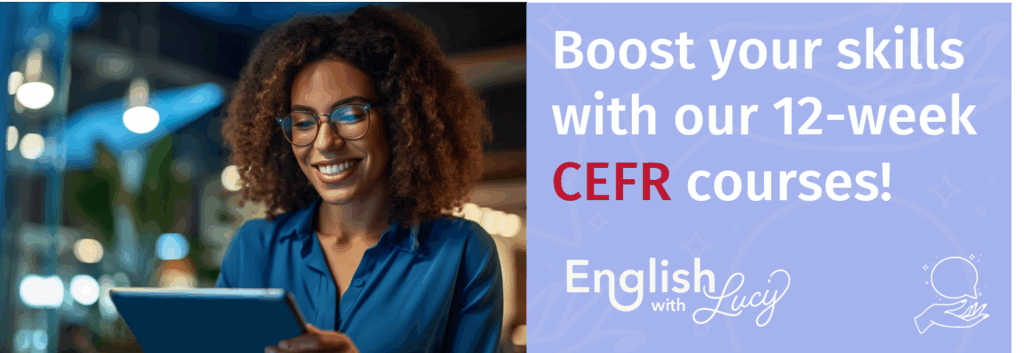
Assessing your Reading Level
Once you’ve decided on what your purpose and preferences for reading are, the next step is to know what your reading level is so that you can choose appropriate materials to read. This step can be pretty challenging as each learner has a mix of different abilities and will know vastly different vocabulary.
The CEFR Scale
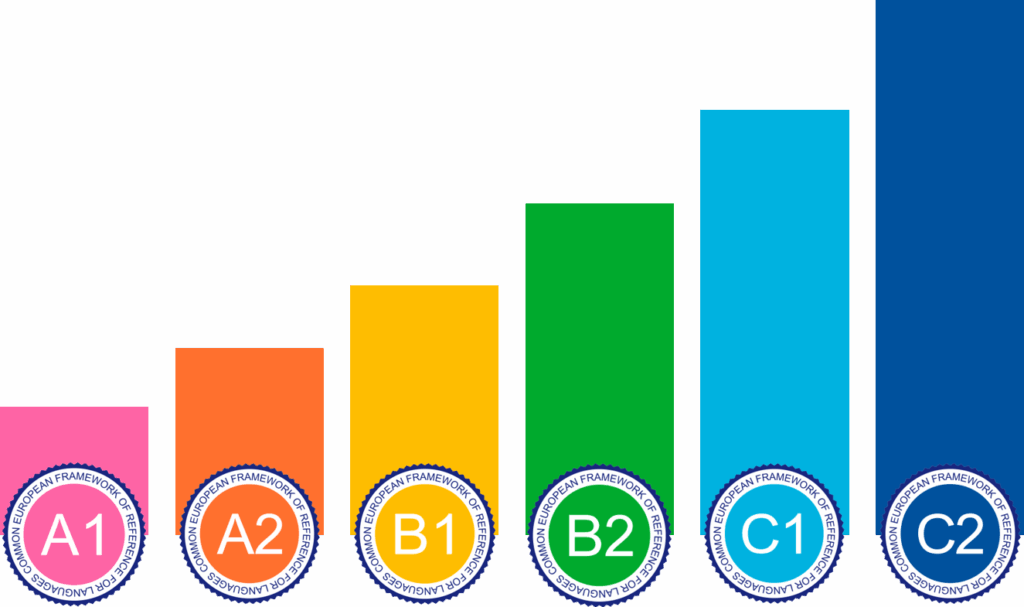
One way to accurately assess your English level is by using the CEFR scale. As defined by the Council of Europe, the CEFR (Common European Framework of Reference) is a set of levels that determine a learner’s language ability. These levels are split into 3 main categories: A, B & C. Those categories are then sub-divided into 2 sections making a total of 6 levels.
Now, if you are reading this article and understand most of it, that already puts you in the intermediate or (B) level of English learning, so I won’t cover anything about the beginner level (A) here.

B1 Level
At B1 level, learners are able to understand texts with everyday or job-related terms. These are usually things like articles, travel guides, emails, adverts and reviews.

B2 Level
At B2, learners are able to understand texts with a wide vocabulary and are able to consider the writer’s opinion. Materials at this level could be things like short stories, articles, reports or messages.
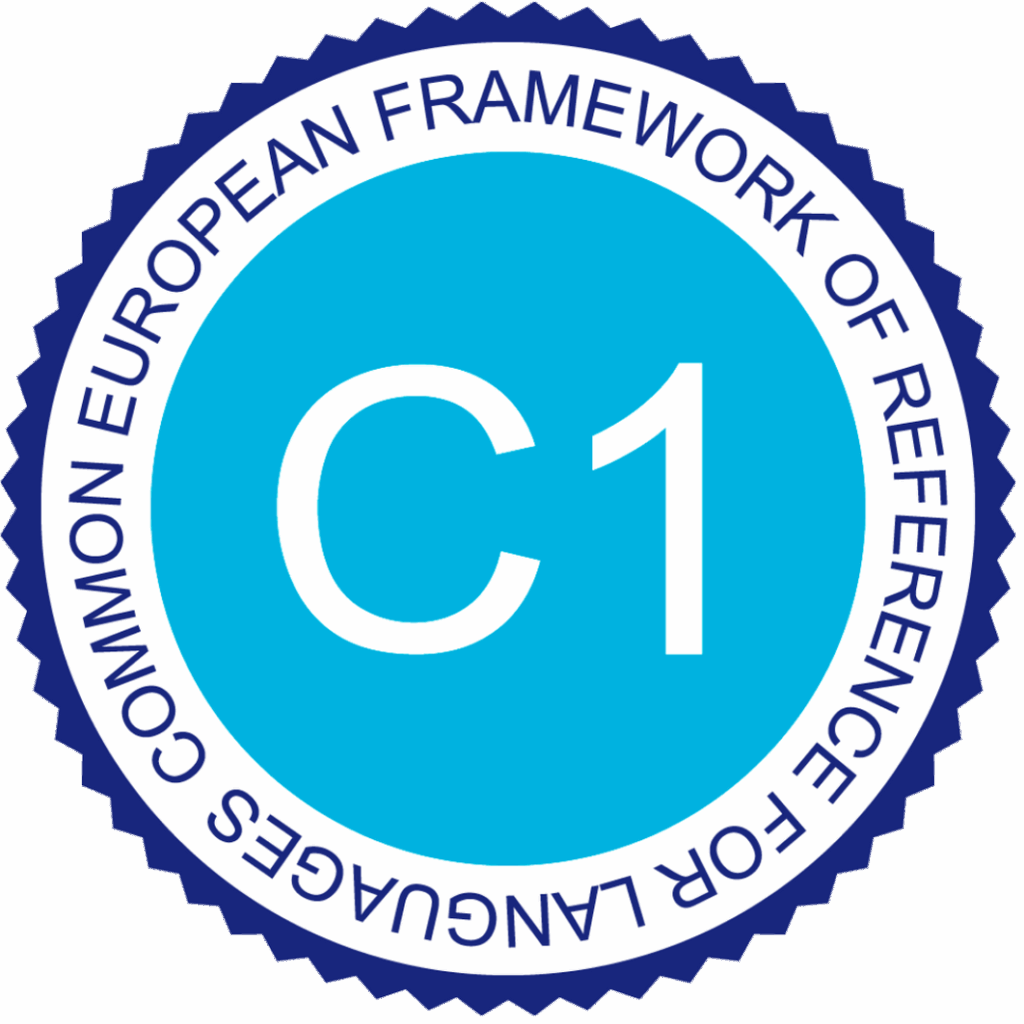
C1 Level
Moving up to C1, by this stage, learners can understand long, complex texts about a wide variety of topics, some of which may be unfamiliar. Texts at this level could include novels, specialised articles or biographies.

C2 Level
Finally, we have the C2 level. This is the highest level in the scale and learners at this level can read almost anything, from classic works of literature to poetry.
Want to assess your CEFR level? Take my online test here to find out your level!
Choosing the right materials for you
While it’s useful to know your general English level, it is still not easy to distinguish the level of one book or text from another. As a rule, if you can understand around 90% of the vocabulary, then the level is about right. Less than that and you will struggle to understand the text and get pretty frustrated reading it! However, texts that are too easy are also not recommended as they don’t provide a sufficient challenge. So, when you find something that you want to read, do a quick calculation of one page. If there are around 5-10% of words that you don’t know (around 10-20 out of a 200-word text), then you are on the right track.
At English with Lucy, we have a range of courses and challenges with reading texts and comprehension exercises at a suitable level for intermediate and advanced students. Our writers select and write short texts with challenging vocabulary, which is fully explained to ensure you can understand and develop your English reading skills. Click here for more information.
Enhancing your English Reading
1. Scanning/Skimming
A really important exam-related skill, and one that can make the process of reading a complex text a bit easier, is scanning. To do this, read a text quickly, and try to identify key points and get the overall gist of the text. By understanding the overall meaning, it can give you clues to the more difficult parts and help you to find key points needed to answer any reading comprehension questions or reading exercises that follow.
2. Highlighting
Use a highlight pen (any colour you want) and go through and highlight or underline any words or phrases that you don’t know. Then, you can identify any tricky ones easily, and refer back to them later when reviewing. This can also help with the advice above about choosing the right materials. If you find that the text is now covered in bright yellow pen, you know that the text you are reading is probably too advanced for your current level.
3. Focusing on key words
Words that are repeated several times or that appear crucial to the meaning of a sentence or passage are the most important to understand as they will be key to understanding the complete meaning of the text. Make sure to pick those out first.
4. Making notes
A notebook or journal can be a great way to track your progress and keep a record of all the new language you find while reading. At the end, you will have a summary of all the vocabulary you’ve learned, and you can use it as an efficient way to review what you’ve read.
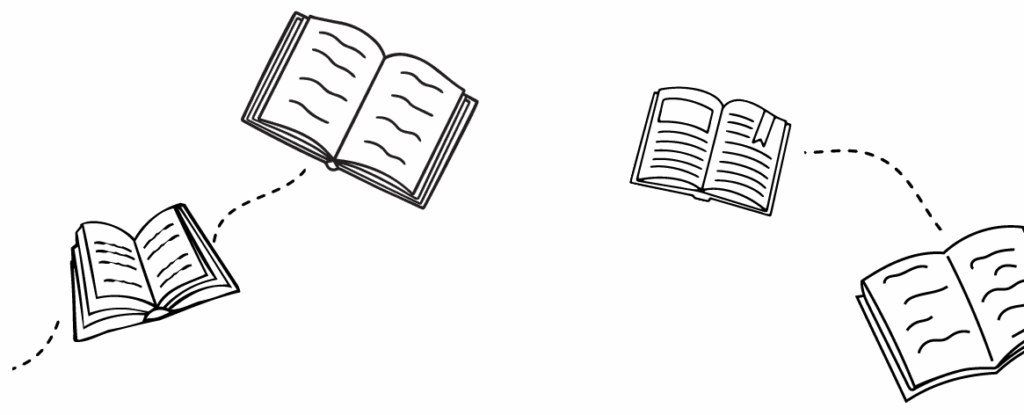
Suggested materials for different levels
Beginner to Intermediate (A2-B1)
- Graded readers – there are tons of books that have been specifically designed for language learners. They generally contain comprehension tasks and reading exercises that can allow you to make quick progress with your reading.
- Bilingual books – books with text in both English and your native language can really help you to understand the story, and you can check any difficult vocabulary or sentences directly in your native language.
Intermediate (B1-B2)
- Short stories — there are lots of short articles and stories at this level that you can read quickly and learn lots of useful vocabulary. If you look for stories with reading comprehension exercises, it will really help to analyse the texts in more detail.
- Translations of books from your country — if you can find stories from your own culture that have been translated into English, already having an understanding of the story will make it much easier to follow.
Intermediate to Advanced (B2-C1)
- Long reads — the internet is full of longer and more complex articles on a wide variety of contemporary issues. Articles from publishers such as The Guardian are a great choice because they are also recorded as podcasts.
- Novels of your favourite genre — some of the more challenging but also very interesting texts to read are fictional novels. If you like fantasy and science fiction for example, ‘Harry Potter’ or ‘The Hitchhikers Guide to the Galaxy’ are great options.
Looking for a more comprehensive way to improve reading? Check out our CEFR level courses that contain weekly texts appropriate for each level.
FAQs
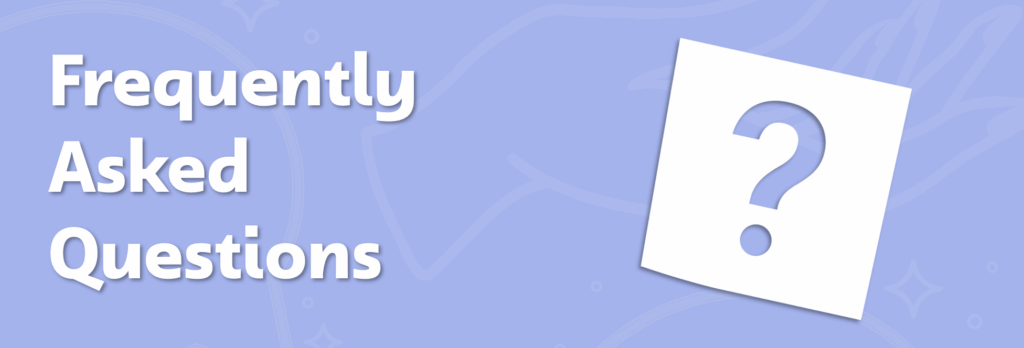
1. I can understand the words, but I can’t understand the meaning of the sentence. What can I do?
One of the more difficult aspects of English is that a lot of words and phrases have several (often completely different) meanings. Use a good dictionary which will have all the different meanings of a word. A great idea is also to try and identify collocations or phrasal verbs to help you decipher meaning, rather than looking at each word separately.
2. How can I make English reading practice fun?
The best thing to do is to find reading texts about things that really interest you. If you are a fan of sports, for example, a biography from one of your favourite players or an article related to your favourite sport will keep you more engaged than something that you aren’t interested in. Also, as I mentioned above, choosing texts that are at your level will ensure that you don’t struggle to read the text and get frustrated with the process.
3. Where are the best places to find reading materials?
The internet has pretty much anything you wish for. A quick Google search could help you find exactly what you want. Also, there are lots of places that offer free eBook downloads, just like Project Gutenberg.
